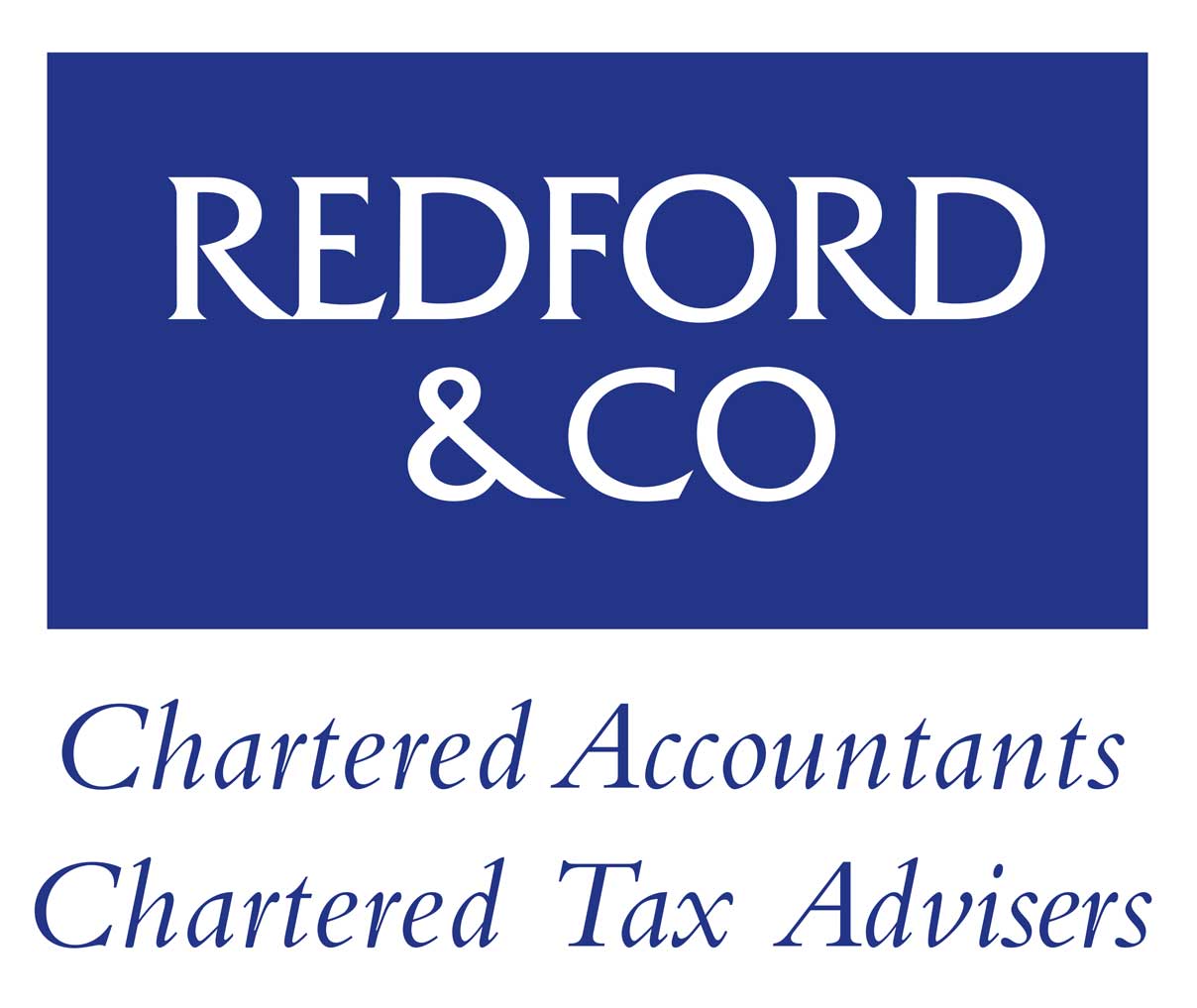The Revenue’s latest campaign to track down tax that may be owing on undeclared funds held in offshore accounts is now online.
HM Revenue and Customs (HMRC) is giving people with undisclosed tax liabilities the chance to declare them on its website as from 1 October.
HMRC’s second and final ‘amnesty’, the New Disclosure Opportunity (NDO), was launched in an effort to persuade taxpayers with undeclared funds in offshore bank accounts to come forward voluntarily.
People who do so will only face a reduced 10 per cent penalty charge.
Dave Hartnett, HMRC’s permanent secretary for tax, said: “We want to make it as easy as possible to come forward, make a full disclosure and benefit from the limited penalty. The NDO is already a straightforward process and our new web site is easy to use.
“But the NDO is a time limited opportunity and will be the last one for offshore account holders so I strongly urge anyone who is concerned about tax liabilities arising from offshore investments to log on.
“We want to help people get their offshore tax affairs in order as quickly and economically as possible and the simplest way to get the ball rolling is by notifying us of the intention to make a disclosure by logging onto our NDO site by 30 November at the latest.”
Over 300 banks and financial institutions have been asked to hand over details of their customers’ offshore accounts to the tax authorities.
The details that the banks are required to furnish include payments and transfers to overseas accounts that they have conducted on behalf of customers.
The information that is supplied by the banks will be then used to double check the disclosures that people make on their offshore assets to ensure the two tally and that the correct amount of tax is being paid.
HMRC launched its first amnesty, or Offshore Disclosure Facility (ODF), in 2007 and recouped some £400 million in unpaid taxes from 45,000 people holding undeclared offshore accounts with five leading banks.
Under the New Disclosure Opportunity, people who contact HMRC voluntarily will only face a penalty charge on undeclared, unpaid taxes of 10 per cent of what is owed.
In principle, HMRC is entitled to impose a fine of 100 per cent but is hoping that, as in 2007, the reduced penalty will encourage more account holders to make a disclosure.
Higher rate taxpayers with offshore savings accounts need to pay 40 per cent tax on the interest that is generated, irrespective of whether the money is re-introduced to the UK. Basic-rate taxpayers must pay 20 per cent.
HMRC is also tracking tax owed on other assets such as holiday homes which have produced income from lettings.
To qualify for the capped penalty, taxpayers must contact HMRC between 1 September and 30 November to notify that they owe undeclared tax. Those notifying on paper can do so from 1 September to 30 November and those notifying electronically from 1 October to 30 November.
Anyone making an offshore disclosure on paper must get it to HMRC from 1 September 2009 to 31 January 2010 at the latest. Electronic disclosures can be filed from 1 October 2009 to 12 March 2010.
However, people who were contacted during the 2007 amnesty, did not come forward then but do so now will have to pay a penalty of 20 per cent.
Those who continue to fail to declare their liabilities will face penalties from 30 per cent up to 100 per cent.

